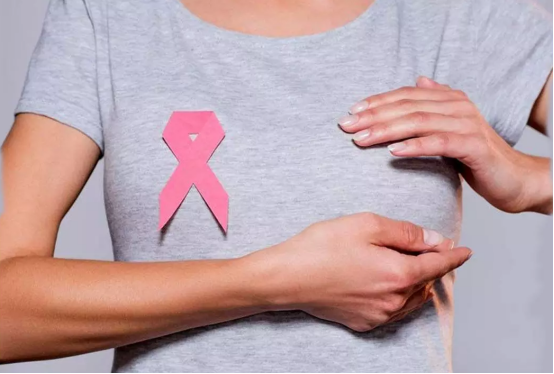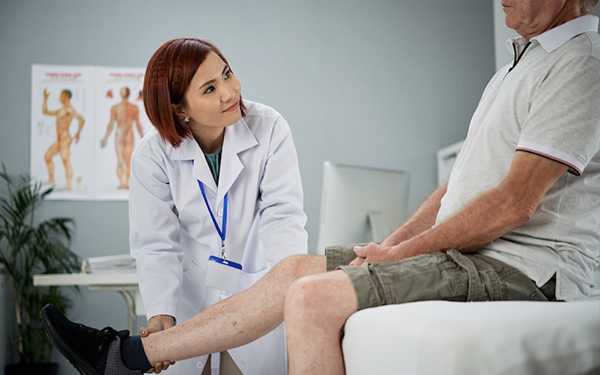Breast cancer starts in the cells lining the milk ducts that carry milk from the glands to the nipples. This is called ductal breast cancer. Cancer in the cells of the lobules (a group of glands that produce milk) is called lobular carcinoma.

Breast cancer can be diagnosed based on its characteristics, such as: B. It can be divided into different subtypes based on its receptor status. Types of breast cancer include the following:
- Invasive: This is the most common type of breast cancer.
- Infammatory: This is a rare type of breast cancer.
- Recurrent: This term is used to describe cases where a patient's breast cancer symptoms return.
- Metastatic: This is the most advanced stage of breast cancer, where cancer ces have spread throughout the body, reaching the brain, ungs, etc.
What is HER2 breast cancer?
Human epidermal growth factor receptor 2 (HER2) is one of the genes present in every woman's breast cells and is responsible for repairing cells and growing more cells. When the HER2 gene mutates, cells grow and divide uncontrollably, resulting in breast cancer.
Symptoms of breast cancer
Since most symptoms of breast cancer are invisible and undetectable, it is difficult to diagnose early and it is often too late.
Here are some breast cancer symptoms that, if caught early, can help you recover faster:
- Sweing in part or a of your breasts
- Breast pain or nippe discharge, umps in your breasts or underarms, a of which are signs of metastatic breast cancer
- Inverted nippes
- Scabs or rashes on or near your nippes
- Enarged pores
- Scay, red, or swoen breast skin or nippe.
- Unexpained sweing or shrinkage of your breasts, especiay on one side
If you experience any of these signs or symptoms, consult your doctor. However, experiencing any of these signs or symptoms does not necessarily mean you have breast cancer.





